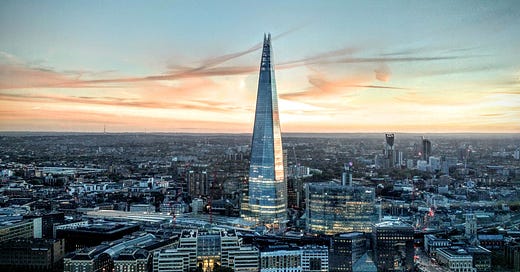*This article was originally published in Areo Magazine in March 2022*
Vladimir Putin’s invasion of Ukraine has united liberal, democratic nations in a way few thought possible. And there is now a growing effort to erode support for the Russian president by sanctioning the billionaires who have propped up his regime for decades.After initial hesitation, …
Keep reading with a 7-day free trial
Subscribe to Politics, Philosophy, and Everything in between to keep reading this post and get 7 days of free access to the full post archives.




